7 More Warning Signs You Lack Emotional Intelligence
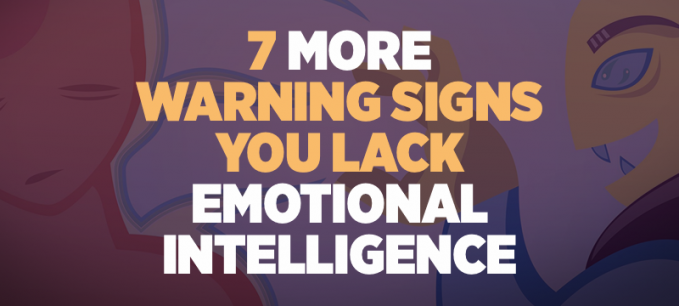
A follow-up to our popular post 8 Warning Signs You Lack Emotional Intelligence, here are 7 more indicators you might not be as emotionally intelligent as you thought.

1) You’re Afraid to Address the Vampire in the Room. Fear of conflict can be a sign of underdeveloped EQ. Too many "nice" people allow themselves to be taken advantage of and suffer needlessly at the hands of energy vampires and toxic coworkers when they could take proactive steps to address, minimise, or remove the impact of negative influences. ("Remove" does not mean "set on fire"... just to be clear.)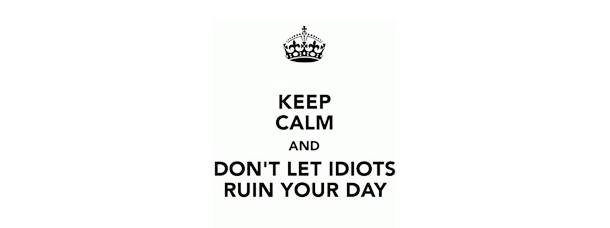 2) You Take Others’ Stupidity Personally. Some parents will tell their kids they’re amazing for breathing air; others will berate their kids for only getting 99% on a test. It’s similar at work. How people treat you will generally have more to do with their own psychology than anything else. If someone flies off the handle because you stapled a document twice, take a step back. Is this about you, or is this about them not being hugged enough as a child?
2) You Take Others’ Stupidity Personally. Some parents will tell their kids they’re amazing for breathing air; others will berate their kids for only getting 99% on a test. It’s similar at work. How people treat you will generally have more to do with their own psychology than anything else. If someone flies off the handle because you stapled a document twice, take a step back. Is this about you, or is this about them not being hugged enough as a child?

3) Your Friends Would Describe You As "Opinionated" or "Judgmental." There's nothing wrong with putting forward well-informed opinions in a civil way. However, if you are someone who is quick to make up your mind, gets easily offended by views that challenge your own, struggles to understand others' perspectives, and has difficulty conversing with diplomatic tack, you may have an extensive and multifaceted EQ problem.
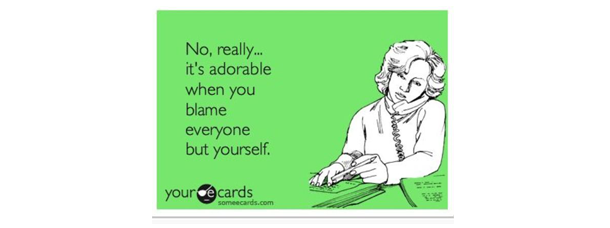
4) Receiving Constructive Feedback Feels Like Someone Is Coming At You With a Knife. If you're told in a performance review that your behaviour can be a little too aggressive from time to time around the office, and your response is to bang your fist on the table and accuse the person of lying, you may have a self-awareness issue... and a defensiveness issue... and an anger management issue. Lots of issues.
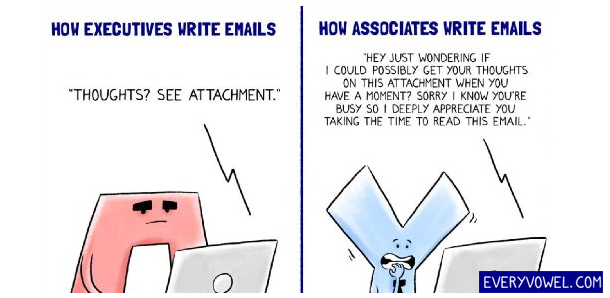
5) You're Not Aware of Your Communication Style. Few people realise how often they use distracting sentence filler — um, er, ah, like, so — until they watch themselves speak at length on video. Self-awareness means recognising the subtle messages you convey. For example, when you thank someone for taking the time to read your email, you may be implying that your time is less valuable.

6) You’re Rude to Service Industry Workers. Doing business with a company does not automatically entitle you to demean their employees or treat any human being like dirt, even — and especially — if mistakes are made. Recommended reading: The Universal Declaration of Humans Rights ... or any introductory text on manners.

7) You Wait Until You’re 100% Ready. If people only applied for jobs when they perfectly matched every requirement and only started businesses when there was absolutely no risk of failure, there would be no job applicants and no entrepreneurs.
Topics:
Emotional Intelligence
Theo Winter
Client Services Manager, Writer & Researcher. Theo is one of the youngest professionals in the world to earn an accreditation in TTI Success Insight's suite of psychometric assessments. For more than a decade, he worked with hundreds of HR, L&D and OD professionals and consultants to improve engagement, performance and emotional intelligence of leaders and their teams. He authored the book "40 Must-Know Business Models for People Leaders."

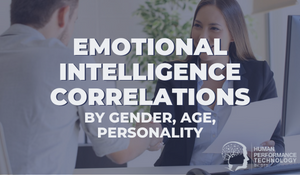
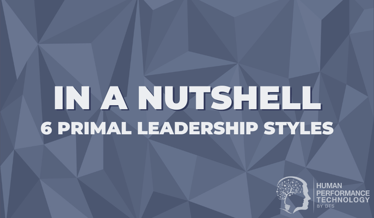
We Would Like to Hear From You (0 Comments)